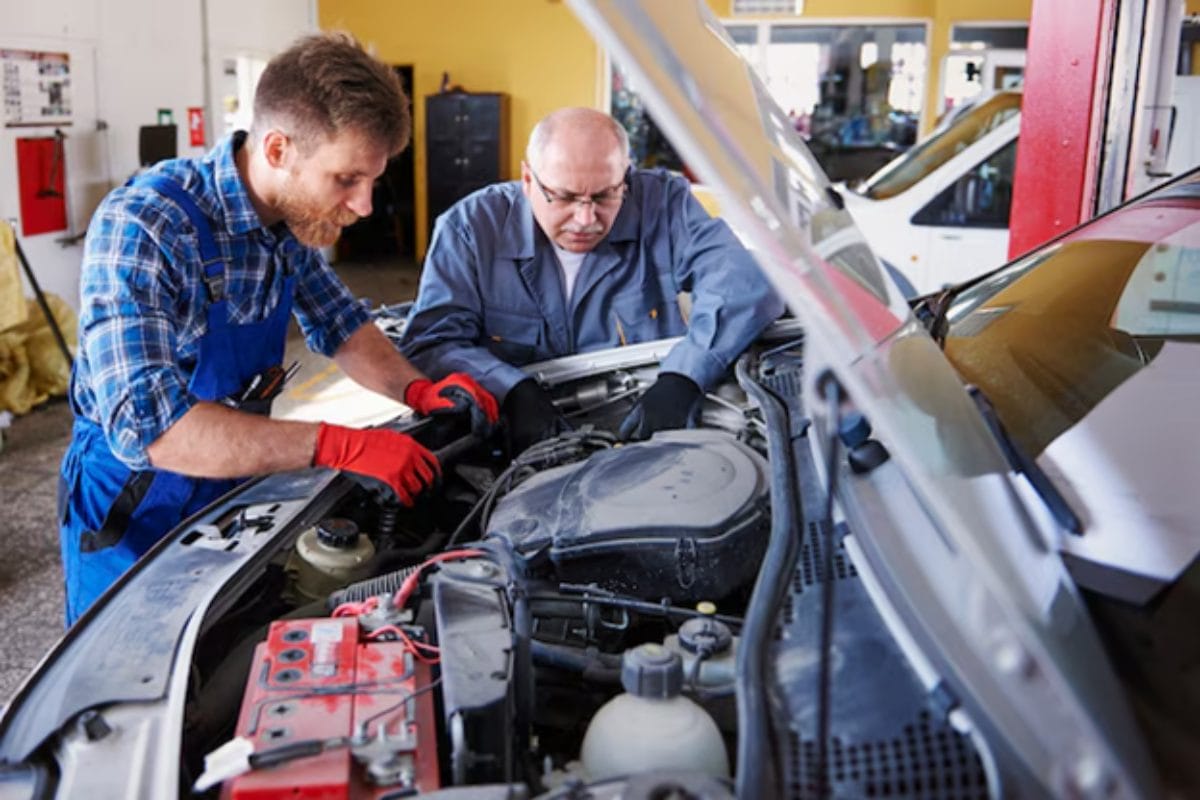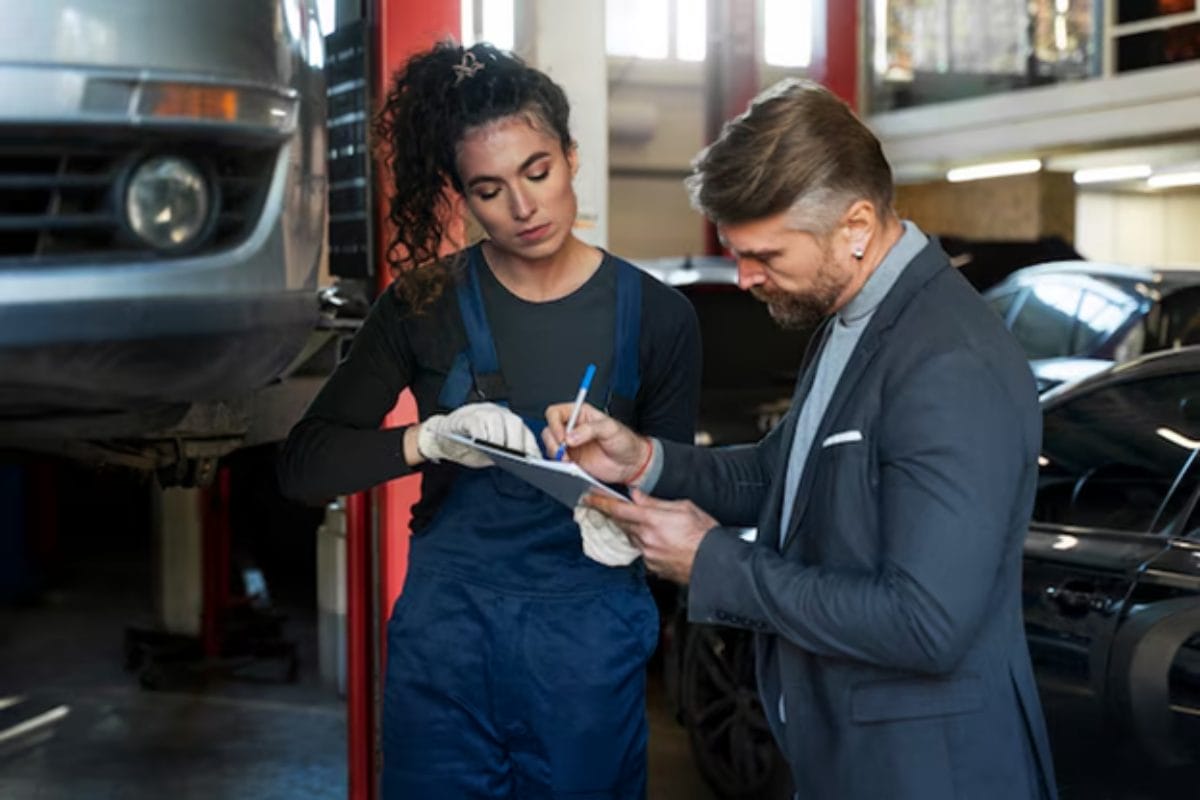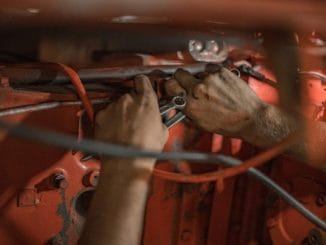European car are known for their performance, style, and advanced engineering. But when it comes to repairs, owners often find themselves facing expensive bills.
Whether you own a BMW, Mercedes-Benz, Audi, or Volvo, the cost of maintaining these high-end vehicles can quickly add up. However, with a bit of knowledge and strategy, you can save on European car repairs without compromising on quality. Here’s how:
Find a Trustworthy Independent Mechanic
Most car owners instinctively take their vehicles to the dealership for repairs, especially for luxury cars. However, dealership repair services are often much more expensive due to their overhead costs. An independent Bosch Brisbane Mechanic who specializes in European car and can offer the same level of expertise at a fraction of the cost.
How to Choose the Right Mechanic:
- Look for specialization: Search for mechanics who specialize in European makes. They often have the specific knowledge required to repair your car.
- Check reviews: Look up reviews on Google, Yelp, or car forums to see what other car owners are saying.
- Ask about warranties: Ensure the mechanic offers a warranty on parts and labor, similar to what a dealership would offer.
Use OEM or High-Quality Aftermarket Parts
One way to save on European car repairs is by using OEM (Original Equipment Manufacturer) parts or high-quality aftermarket parts. Dealerships usually charge a premium for parts, but there are plenty of other options that maintain the quality of your vehicle.
OEM vs. Aftermarket Parts
| Feature | OEM Parts | Aftermarket Parts |
| Price | More expensive | Typically less expensive |
| Quality | Same as original | Varies (research is necessary) |
| Warranty | Often comes with a manufacturer’s warranty | May or may not have a warranty |
| Availability | Available through dealers | Widely available at various stores |
Tip: If you decide to go with aftermarket parts, make sure to research the brand to ensure it’s a trusted one.
Stick to a Preventive Maintenance Schedule for a European car
Preventive maintenance is the best way to avoid costly repairs down the line. Small issues that go unnoticed can turn into bigger problems if they’re not addressed early. Regular maintenance is especially crucial for European cars, which are built with precision but can be prone to more frequent repairs due to their complexity. For reliable and expert preventive maintenance, consider reaching out to LeMans Motors, a trusted name in European car care.
Key Maintenance Tips:
- Oil changes: Don’t skip regular oil changes. European cars often have more sensitive engines and clean oil can prevent wear and tear.
- Brakes and suspension: These components wear out faster in European cars due to their performance nature. Have them checked regularly.
- Transmission fluid: Keeping your transmission fluid clean will extend the life of your transmission and prevent expensive repairs.
Maintenance Checklist:
- Engine Oil Change: Every 5,000-7,500 miles
- Brake Pads Inspection: Every 10,000 miles
- Transmission Fluid Check: Every 30,000-60,000 miles
- Coolant Flush: Every 40,000 miles
Source Parts Online
One of the best ways to save on European car repairs is by sourcing the parts yourself. Many mechanics, such as Brisbane Euro Service, will allow you to bring in your parts, and buying them online can significantly reduce costs. Websites like RockAuto, FCPEuro, and ECS Tuning specialize in parts for European vehicles.
Benefits of Sourcing Parts Online:
- Cheaper than the dealership: Parts sold through dealerships are often marked up.
- More selection: You can find both OEM and aftermarket parts in one place.
- Convenient comparison: Easily compare prices and reviews across different brands.
Don’t Ignore Warning Lights on a European car
European cars are equipped with sophisticated computer systems that monitor nearly every component of the vehicle. While some people tend to ignore dashboard warning lights, this can lead to costly repairs later on. If your car’s check engine light or brake light comes on, address it immediately to avoid a more expensive repair later.
Common Warning Lights in European Cars:
- Check Engine Light: This could indicate anything from a loose gas cap to a failing catalytic converter.
- ABS Light: Signals an issue with your anti-lock brake system.
- TPMS Light: Indicates that tire pressure is too low or high.
Conclusion
Owning a European car doesn’t have to mean breaking the bank for repairs. By finding an independent mechanic, using OEM or high-quality aftermarket parts, and staying on top of preventive maintenance, you can save hundreds, if not thousands, on repairs without sacrificing the quality of your vehicle. From sourcing parts online to learning basic DIY fixes, there are plenty of ways to keep your European car running smoothly.






